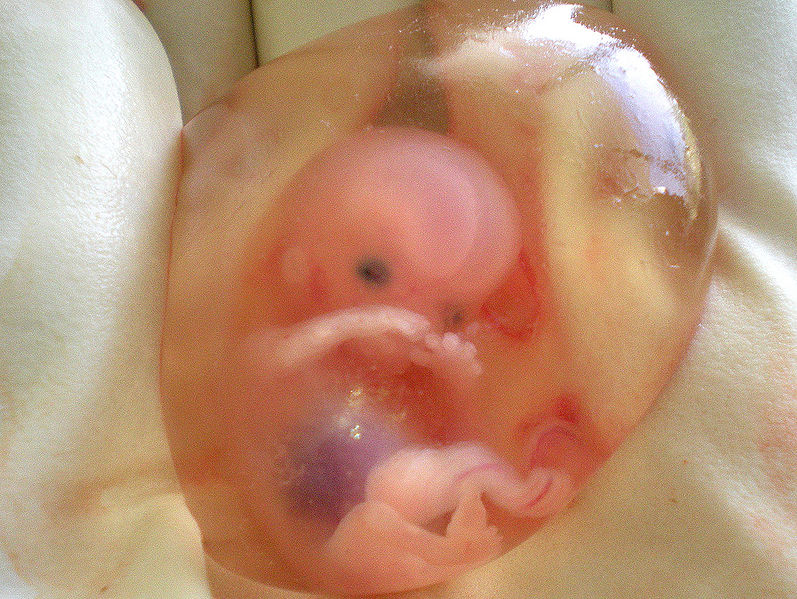Biotech is thrusting us into new political territory
August 29, 2012
Stem cells, embryo research and synthetic biology are just a few of the issues that will force strange new political alliances, University of Pennsylvania bioethicist Jonathan D. Moreno writes in New Scientist.
The new biology, or biotechnology — including stem cells, embryo research, synthetic biology and reproductive technology — has unprecedented power to change basic life processes.
One recent example is the controversy over the “three-parent embryo”. This is a technology for avoiding mitochondrial disease whereby nuclear DNA from an egg with defective mitochondria is injected into an egg from another woman with healthy mitochondria, and the resulting egg can then be fertilized.
To some this is perfectly acceptable. To others it smacks of eugenics. This is just one example of how, in the early 21st century, we are crossing the threshold to a new biopolitical world.
Biopolitics
Candidates for national political office need to have staked out positions on these issues.
In one camp are bioprogressives, who are supportive of the new biology from opposite sides of the traditional political divide. Those on the left emphasize regulation, equality and the common good, while those on the right emphasize free enterprise as the most reliable source of innovation.
There are also several flavors of bioconservative. Some are religious traditionalists, others are secular neoconservatives who regard science as a threat to human dignity, moral equality and human nature itself. Bioconservatives are increasingly joined by “green” progressives who harbor deep doubts about the implications of science for social justice.
The bête noire of all types of bioconservatives is the small but growing movement called transhumanism, which enthusiastically embraces technological change. Transhumanists see the prospects for drastic enhancements in what bioconservatives regard as an essential human nature that is too precious and fragile to withstand manipulation.
In a foretaste of the strange new biopolitical alliances to come, consider the shortage of organs for transplant. The established view among liberals and conservatives is that virtually any incentive for donation is morally unacceptable. But some libertarians and some on the left decry the loss of thousands of lives each year while suitable organs, especially kidneys, are not made available.
Although they are poles apart on most issues, they agree that policy options for incentives should be explored.
